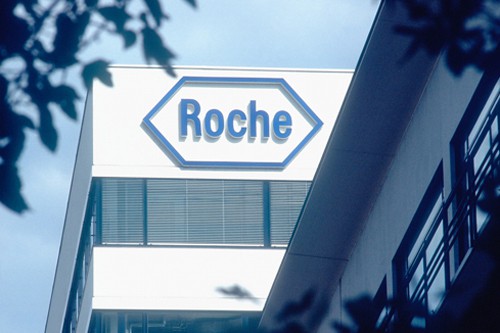
Roche has announced the launch of two new antibodies to identify key mutations in patients diagnosed with brain cancer, allowing clinicians to quickly determine the best treatment path for a specific patient and help predict therapeutic outcomes.
The company explained that there are two main types of cells in the brain: neurons, which are the communicators of the nervous system, and glial cells, which support and protect neurons and maintain the body’s natural state of balance.
Gliomas, which develop from glial cells, are the most common type of malignant brain tumours in adults, and those that carry mutations in the IDH1 and ATRX genes are biologically distinct from those that do not.
Knowing a patient’s IDH1 and ATRX mutation status allows clinicians to provide personalised care based on specific tumour classification, Roche said, including a more informed prognosis, the selection of targeted therapies and inclusion in clinical trials.
Matt Sause, chief executive officer of Roche Diagnostics, explained: “A patient’s IDH1 status helps determine eligibility for clinical trials, which offers more treatment options, and may one day lead to potential targeted therapies for people fighting brain cancer.”
The company’s IDH1 R132H (MRQ-67) Rabbit Monoclonal Antibody can detect the IDH1 R132H mutation in adult-type gliomas and in acute myeloid leukaemia, while its ATRX Rabbit Polyclonal Antibody can detect a mutation in the ATRX gene.
Both tests are now available in the US, Roche said, and will likely be made accessible in other non-CE markets later this year and in 2024 for countries that accept the CE mark.
Also this month, Roche announced that its antibody drug conjugate Polivy (polatuzumab vedotin) was recommended by the National Institute for Health and Care Excellence (NICE) as part of a drug combination to treat adults with an aggressive form of blood cancer.
In final draft guidance, NICE recommended the Polivy be used in combination with rituximab, cyclophosphamide, doxorubicin and prednisolone for untreated diffuse large B-cell lymphoma (DLBCL).
With NICE reporting that the current standard treatment for this group is only effective in 50-70% of patients, Pia Ballschmieter, haematology lead at Roche Products Limited, said the approval marked a “new era for people battling aggressive DLBCL”.




